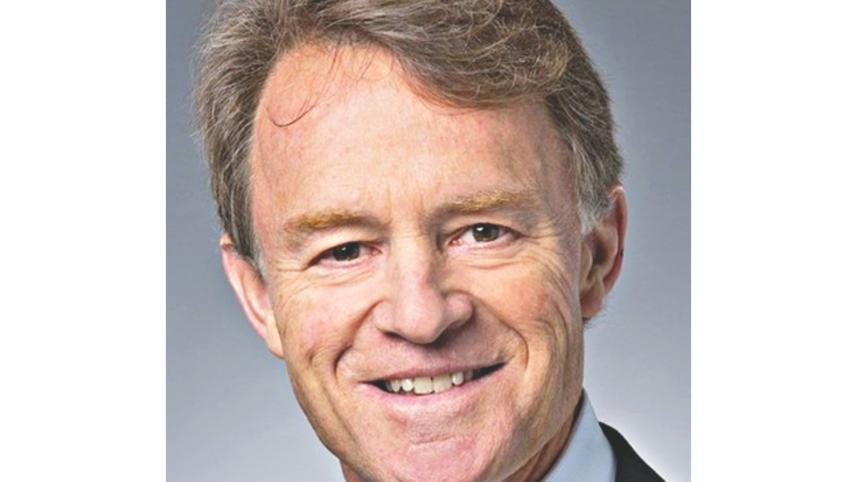‘Focus must be on skills dev, jobs’

Bangladesh faces a major challenge in providing fair jobs to the two million youths entering job market every year, says Swiss Development Cooperation (SDC) Director General Manuel Sager.
“Two million young people enter the job market every year. Not all go to universities. As Bangladesh’s economy progresses, it needs different skillsets… I see a major challenge in how to give skills and fair jobs to those who enter the labour market every year,” he said.
Manuel Sager visited Bangladesh last week to see the SDC-funded projects on skills development, safe migration and democratic governance. He also visited the Rohingya camps in Cox’s Bazar and held talks with government officials and development partners.
His visit was aimed at understanding the areas of support and collaboration to take the bilateral relations to another level as Bangladesh is progressing towards a middle-income country status and beyond.
Sager thinks Bangladesh government should pay more attention to quality education, health and infrastructure. Particularly, he mentioned that there are rooms for progress in vocational training.
“Education is a major issue in Switzerland. We have very well-functioning vocational training. Other countries can benefit from our experiences on skills development,” Manuel Sager said in an interview with The Daily Star, wrapping up his visit.
Switzerland, which plays an important role in migration governance at global stage, said Bangladesh is an important country as about 10 million of its citizens are migrants who send home $18 billion a year.
“We want the Bangladeshis working abroad to be treated well,” he said.
Elaborating on the matter, he said experiences of migrants, as they return home, are often not that great.
“They may have bad experiences. It is a challenge for Bangladesh’s society to reintegrate them. We also have various projects in this field. We support your government so the migrants can better integrate in the society,” Sager said.
His words are relevant because thousands of migrants, especially female domestic workers, who returned from abroad after facing various forms of abuses, faced challenges in integrating to the society. There is no government initiative yet to address the challenge.
Sager also talked about other development challenges, including inequality, improving governance and democracy.
“Citizens’ participation in democracy is very important. We are supporting certain initiatives in Bangladesh to make sure of that… when citizens have grievances with the government or public services, they should be able to voice them and cooperate with the institutions to address them. It’s an important aspect of a vibrant and healthy democracy.”
The role of any government is to improve citizens’ life and wellbeing, and that can only be done in a democracy and through dialogue between government and citizens, Sager added.
He lauded the steady economic growth of Bangladesh where the poor are benefiting from it. Asked about inequality, he said it’s a challenge for many countries.
“It’s not only absolute poverty, but also relative poverty that can destabilise a society. Even if people are better off, if others are much better off, that gives rise to instability in a society,” said Sager, a former ambassador to the US.
“That’s certainly a challenge. Bangladesh has to address it,” he added.
About corruption, Sager said corruption anywhere is a big challenge, as it disrupts trust in the institutions.
“When you don’t have trust in institutions, democracy cannot work because people become cynical, feel cheated. They have a feeling that their voice doesn’t count, their grievances are not heard and not everybody is treated the same way.”
“So, corruption in any country, in any form should be addressed and eradicated.”
Speaking on the Rohingya crisis, Sager said there are various efforts at different levels, but they are not moving fast enough. Efforts for repatriation have to be strengthened.
Swiss diplomat Christine Schraner Burgener, who is UN Secretary-General’s Special Envoy on Myanmar, is working towards that end, he said.
“We -- all of us, the international community -- have to recognise that the Rohingyas are here now. They need to be taken care of,” he said.
“Switzerland has been a reliable partner of Bangladesh -- be it in political, economic or development aspects.”
“No matter what the challenges are in the future, also in connection to the transition of Bangladesh to a middle-Income country, Switzerland will stand by Bangladesh,” Sager said.




 For all latest news, follow The Daily Star's Google News channel.
For all latest news, follow The Daily Star's Google News channel.
Comments